If you’re a few weeks in to your zero waste lifestyle, you may already be noticing that, even though you are carrying around a reusable water bottle, there are still loads of single-use plastic ones around. The shops are full of them. Canteens and restaurants are full of them. Most people still buy them because they don’t know any different – or maybe don’t care. It can feel frustrating. How much of a difference are you really making? The twins wondered about this too:
Why is changing our habits not enough?
Changing individuals’ behaviour to help reduce waste is important, but it’s never going to be enough on its own to eliminate plastic pollution. How come?
1. The size of the problem Even though there are a LOT of concerned individuals all over the world who are trying to reduce their waste, our actions will only impact a fraction of the overall plastic pollution. Billions of pieces of plastic packaging are being pumped out every minute of every day. Then there is synthetic fast fashion, produced whether anyone wants it or not. The sheer volume of plastic waste produced by corporations makes our individual efforts to reduce it seem puny.
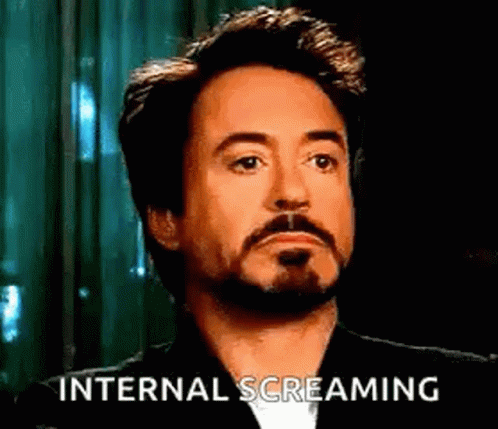
2. The scope of the problem Pollution and climate impacts happen across the w h o l e l i f e s p a n of plastic, from the extraction of the fossil fuel materials to their disintegration into microplastics. We can choose what plastic we use, but we can’t choose how the production or disposal happens – we don’t have that power.
3. The source of the problem Most plastic pollution is a direct result of the way companies decide to design, package and distribute their goods. People have a huge choice of things to buy but not how to buy them. Even if we can personally avoid single-use plastic, these items are still being produced. To really solve the problem, the system needs to change.
What system are you talking about?
In this case, we’re talking about the economic system – all the ways we make, buy and use stuff, and what happens to it afterwards. Currently this system is set up with all the stages in a straight line, going in one direction:
TAKE → MAKE → USE → WASTE.
A lot of things happen on this line that we can’t see, and which are beyond our control. For example, there’s no way for us to know what chemicals are put into the plastics we use every day – or to change them if they are toxic.
The Story of Stuff in our watchlist below is a must to understand this one-way linear system – 20 minutes that will change your life!
We never really think about this system because we’re in it and part of it. We take it for granted – just like fish wouldn’t know they are in water, because they are surrounded by it. And they can’t compare their system to anything else because they never leave it.
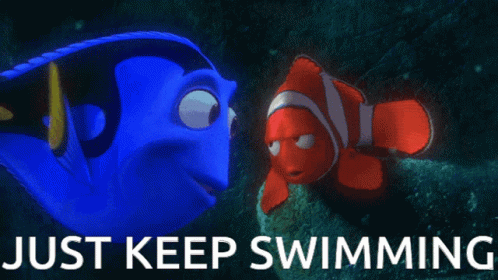
The people who control the system we’re in right now want us to think it’s natural and inevitable: we’d be like fish out of water if we changed it. But that’s not true. The way things are done now is not the only way. And it’s definitely not the best way – look at all the problems it’s causing! Here are some changes that would massively reduce waste and pollution:
1. Create new laws and regulations Right now, companies are free to produce as much plastic as they choose and put thousands of chemicals into it, with no responsibility for what happens later. Governments can make companies:
- limit the amount of plastic they produce
- stop using plastic for unnecessary items
- design safe and reusable plastics; and
- pay damages for any pollution they cause.
These types of laws are called Extended Producer Responsibility, or EPR.
2. Build zero waste infrastructure The current system is designed for throwing things away as fast as possible. It’s hard for people to switch to reusing and repairing if they have to fight against this and do everything themselves. Just like a train needs tracks to run, zero waste needs a support system.
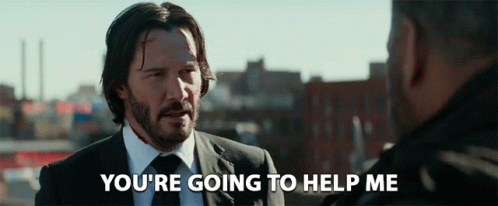
For reusable packaging to become the norm, we need to make accessible drop-off points off for cleaning and reuse. Repairable items need affordable repair centres. Composting needs a collection system and recycling needs clear labels to help sorting. This is all “infrastructure” – the basic facilities that support our daily lives.
3. Put people and planet before profits This is the hardest part of the system to change – at least without government regulation. Traditionally, companies focus on making money for their owners and they fight against anything that will change that. But a few companies are starting to make taking care of people and the environment their top priorities. Any profits they make are invested back into the communities they serve. This model could be more widely used.
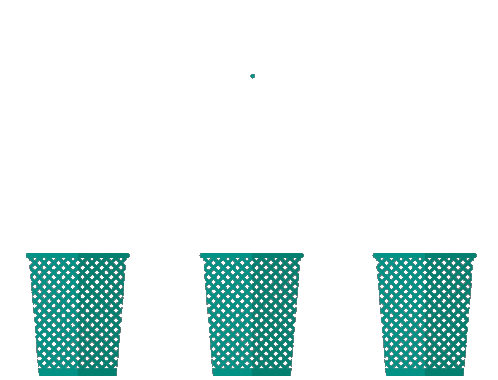
Changes like these will start to transform the existing linear system into a circle. There’s more about the circular economy and what it is in our reading and watchlists below. But take it from us: it would be a whole new world.
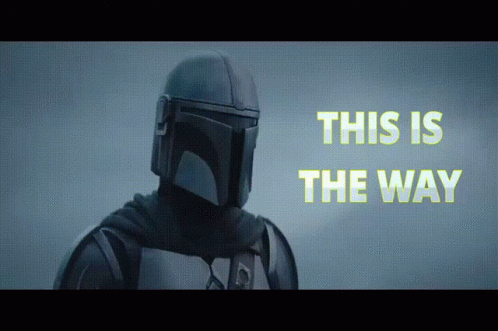
Of course, there are many other problems with our current economic system besides the environmental harm it causes – injustices like wealth inequality and the exploitation of workers, sexism and racism. Dealing with these would involve even greater change, which is a challenging but worthy goal. We encourage you to look into this after you’ve finished this series.
So if we need to change the system, is individual change still needed?
Yes of course! Just because we need the system to change doesn’t mean individuals have no role to play. In fact, without us, system change would never happen! We’ll be looking at how to achieve this in the next part of this guide.
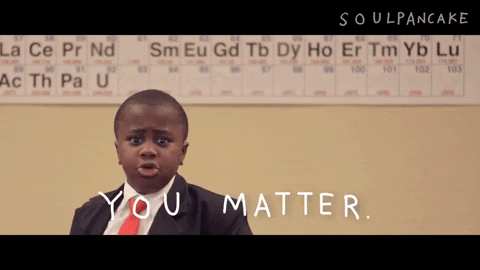
In summary, we might say that to solve plastic pollution and reduce waste, changing our behaviour is an important first step, but the ultimate goal is to change the system that creates the problem. We need to move from a linear economic system to a circular one, that is designed using the principles of zero waste.
To find out more about how the current system works and how it should change, check out our reading and watch lists below. Take your time to explore whatever appeals to you. You can also apply your new knowledge in an activity, or test it out in the quiz. If you have any thoughts on changing the systems, or want to answer the question below, leave us a comment!
➤ The Story of Stuff
➤ Buy Now: The Shopping Conspiracy (Netflix documentary)
➤ Linear vs. Circular Economy
➤ Zero waste and the circular economy
➤ We need systemic change – but your individual choices still matter
➤ The global plastics treaty explained
❗ TRY THIS
Systems can be both large and small. They define how we do things like shopping, eating or getting around. What could you change in any of these systems where you live to help reduce waste?
Want to test your knowledge about system change?
❓ OVER TO YOU
Companies and governments have the power to make big system changes. Individuals only have the power to change their own lifestyle. Do you agree?
💡 Do companies and governments listen to individuals? How does this affect your answer?
Let us know your thoughts below!
Note: comments are moderated so they won’t appear right away


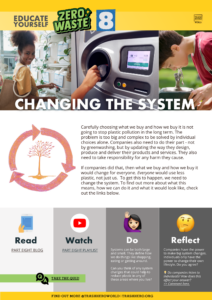
Join the conversation